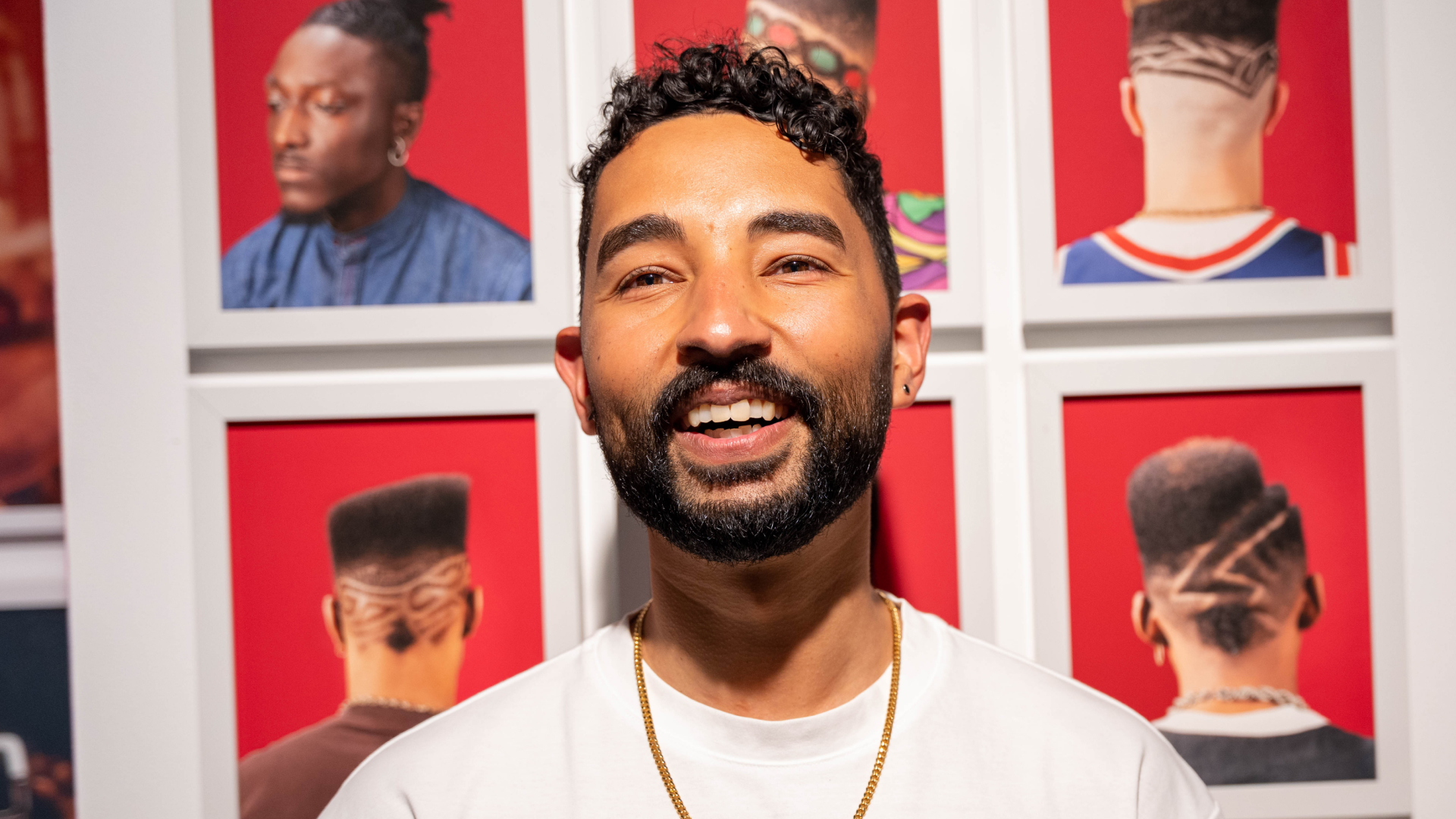About
Join us on Zoom for today's program!
Please click the link below to join the webinar:
https://moadsf-org.zoom.us/j/86911061455?pwd=UFc2Q0xPZDRPS00xYS8rZFF0dnUxdz09
Passcode: 872074
Black people in the United States are less likely to be vaccinated for COVID-19 and are more likely to experience hospitalization and even death from COVID-19 than other racial groups in the U.S. What are the barriers – economic, social and cultural – that are contributing to this disparity? How can we create solutions to improve people’s knowledge and counter misinformation about the COVID-19 vaccination, with the goal to get more people in the Black community vaccinated?
Join for a panel of experts and community advocates as they grapple with these issues. The discussion will be moderated by Dr. Sheryl Davis, Executive Director of the San Francisco Human Rights Commission. She will be joined by Dr. Malcolm John, Infectious Diseases UCSF, Shakirah Simley, Executive Director at the Booker T. Washington Community Service Center, and Rivka Louissant, Artist and Community Organizer.
You will receive instructions to join via zoom after you sign up here. Look for an email from MoAD after you sign up, if you don’t receive it in your inbox, look in your spam or junk mail.

Sheryl Evans Davis is the Executive Director of the San Francisco Human Rights Commission. Through the Human Rights Commission, Davis facilitates and supports the San Francisco Reparations Advisory Committee. Over the last year Davis has been leading the process to distribute $120M, funding allocated by Mayor London Breed and Supervisor Shamann Walton to support the Black community.
In addition Sheryl launched MegaBlack SF, a collective of Black stakeholders fighting for visibility, sovereignty and justice for Black San Franciscans. Davis earned her BA from San Francisco State, an MPA from the University of San Francisco and recently completed an Ed.D. program at the University of Southern California

Malcolm John, MD MPH is a Professor of Medicine in the Division of Infectious Diseases at the University of California San Francisco (UCSF) where is is Co-Chair of the Health Equity Council at UCSF Health and Director of the UCSF Black Health Initiative (BHI). He is also Director of HIV Health Equity at the UCSF 360 Positive Care Center after serving 18 years as Medical Director.
Dr. John is an Infectious Disease physician with expertise in HIV care for diverse populations with emphasis on African Americans/Black Americans as well as HIV & Aging. Interested in advancing care for vulnerable populations, ethnic and age differences in HIV clinical outcomes and comorbidities, reducing healthcare disparities and promoting health equity.
Dr. John's other area of focus is working with the Black community to address health disparities. He launched the UCSF Black Health Initiative (BHI) in 2020 to help UCSF be a better partner with the Black community in order to address COVID-19 and related disparities.

Shakirah Simley is Executive Director at the Booker T. Washington Community Service Center. Shakirah received her undergraduate degree with honors from the University of Pennsylvania, and received her Master’s degree at the University Of Gastronomic Sciences (UNISG) in Italy via a Fulbright research scholarship. Shakirah is recognized widely for her food work; she has been recognized as a change-maker by the Berkeley Food Institute, CUESA, Cherry Bombe, and Zagat.
The daughter of a social worker, and granddaughter of a Black Panther, Shakirah was born and raised in Harlem, New York, and has lived in San Francisco for over 13 years.

Rivka Valérie Louissaint also known as Kakou, is an Oakland-based mixed media visual artist, writer, educator, performer and community organizer. Her art, often ignited by an interaction, a thought, or as a reaction to what’s going on in her environment and of her experiences as a black, queer, working class, female, Haitian immigrant, explores the multidimensional nature and effects of the world’s present systems of oppression and exploitation.
She pulls from different places – like working class struggles, popular struggles for national liberation, and struggles to end racial and gender hierarchies – in order to create dialogue and inspire people to organize around social, economic, and ecological issues.
Louissaint is inspired by the movements of the Black Panther Party, the Young Lords, the Brown Berets, the Cuban Revolution, the May ‘68 student movements in France, Mexico, Chile and the US as well as the African Liberation movement. She is currently in her second year of the MFA program in Art Practice at UC Berkeley.
Funding has been provided by California Humanities and the National Endowment for the Humanities (NEH) as part of the American Rescue Plan Act of 2021.

Made possible by



.jpg)


